Drinks Companies Under Scrutiny for Suspected Support of Israel
The global business landscape intertwines with geopolitical complexities, revealing the intricate relationships between major corporations and regions of political significance. This scrutiny extends to renowned beverage companies, raising questions about their potential ties to Israel and the ethical considerations surrounding their operations.
7up
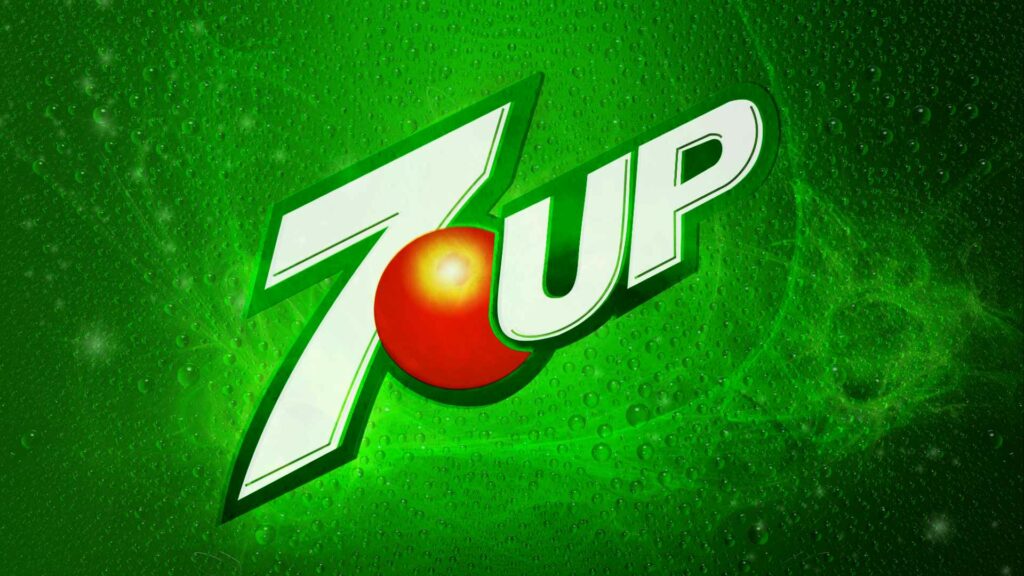
As a soft drink under PepsiCo’s umbrella, 7up faces scrutiny due to PepsiCo’s ownership of SodaStream and a substantial stake in Sabra, both entangled in the Israeli-Palestinian conflict. This exploration recommends cautious consumer engagement with 7up, advocating for a reassessment of affiliations with PepsiCo.
Acqua Panna
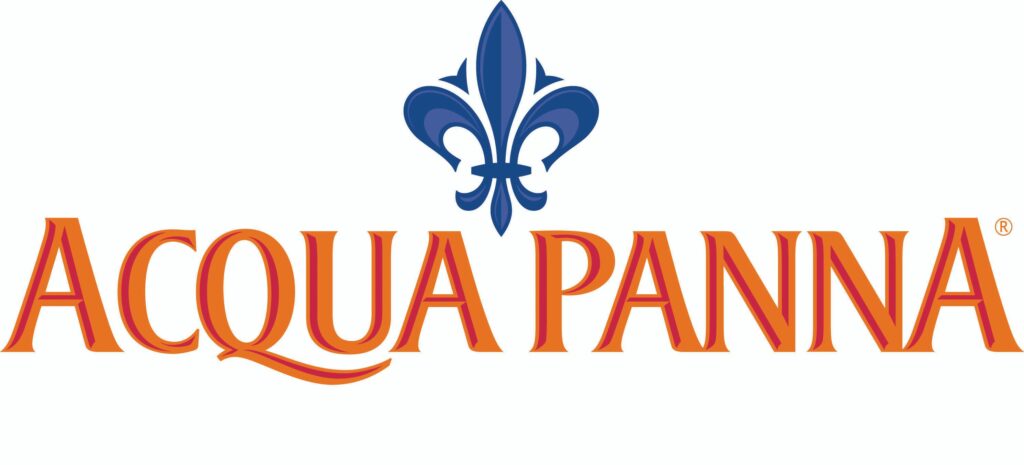
Acqua Panna, owned by Nestle, comes under the spotlight for its connections to Osem, an Israeli food manufacturer operating in Occupied Palestine. This segment delves into the ethical dilemmas, urging consumers to reconsider their purchases of Acqua Panna and other Nestle products until divestment from operations in Occupied Palestine occurs.
Appletiser
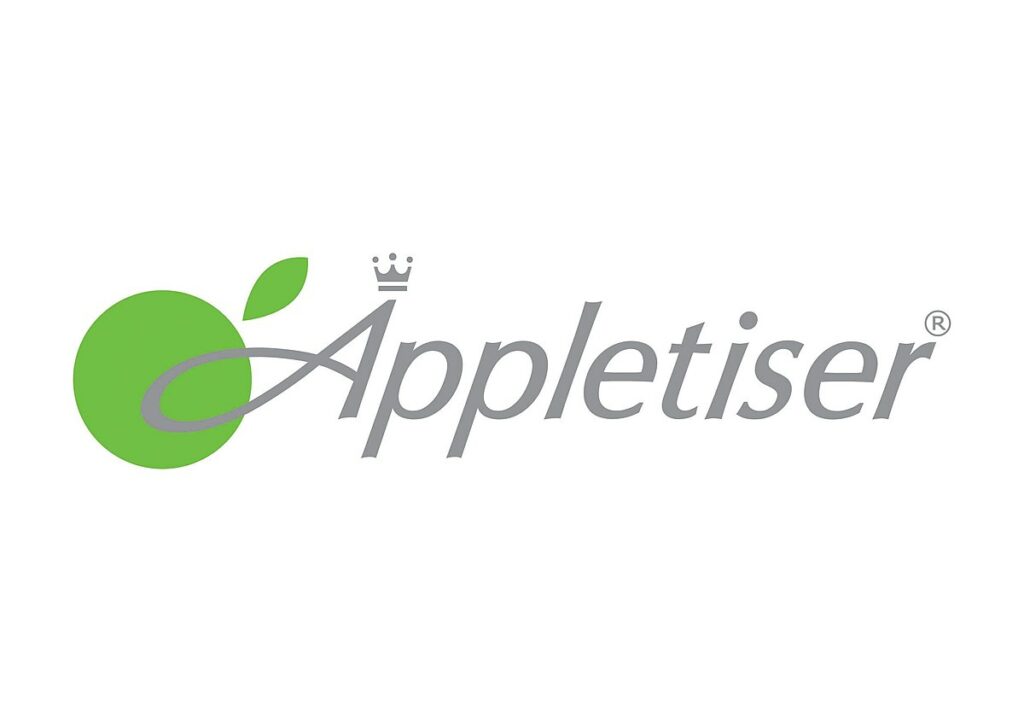
Appletiser, a Coca-Cola subsidiary, faces ethical concerns due to its production ties within the illegal Israeli settlement of Atarot. Delve into the complexities surrounding Appletiser, encouraging consumers to contemplate their association with Coca-Cola in this geopolitical context.
Aquafina
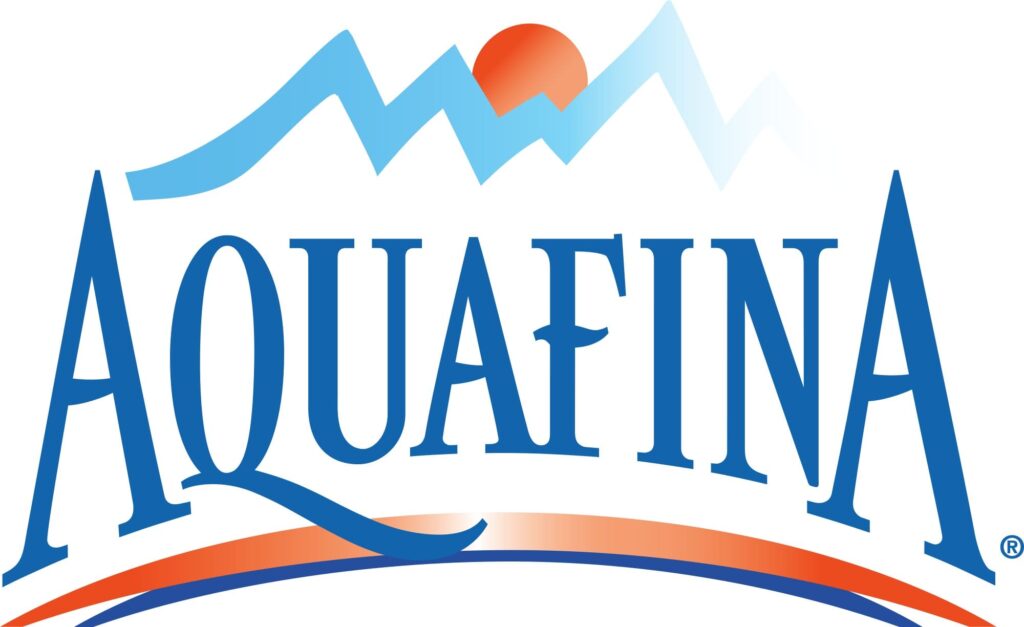
Aquafina, PepsiCo’s water brand, is linked to SodaStream and Sabra, raising eyebrows about its connections to the Israeli occupation of Palestine. This section advocates for a critical assessment of consumer choices, suggesting avoidance of Aquafina products and disengagement with PepsiCo.
Aquarius
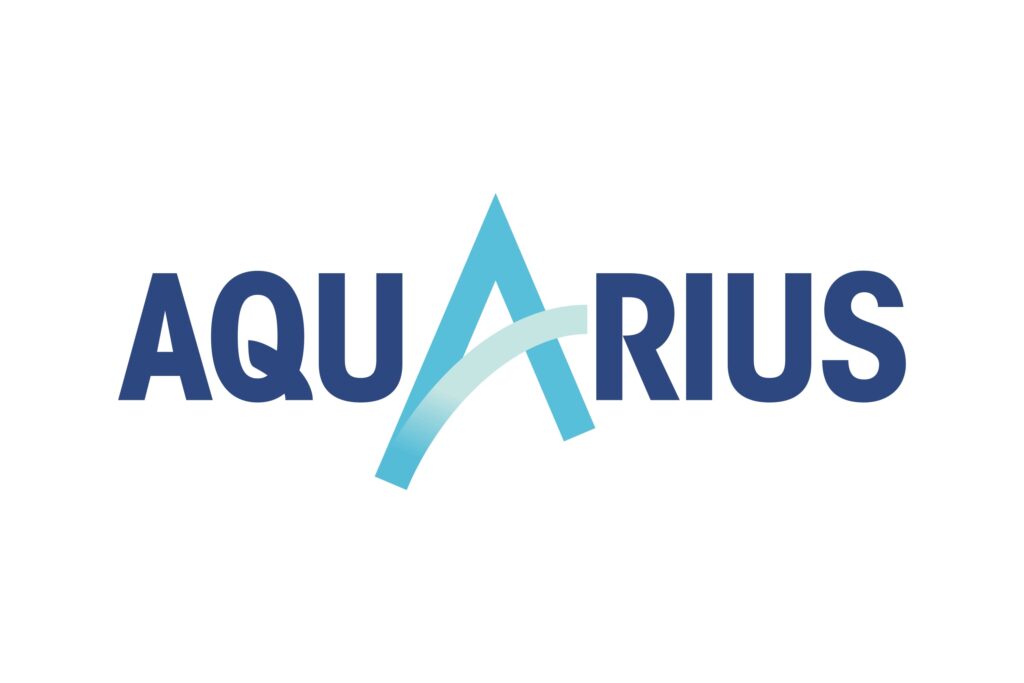
Operated by Coca-Cola, Aquarius’s production in the illegal Israeli settlement of Atarot prompts a critical examination of consumer associations with Coca-Cola in this context. Explore the complexities surrounding Aquarius, urging consumers to consider the broader implications of supporting Coca-Cola.
Burger King
Burger King’s support for the Israeli Defense Forces (IDF), including complimentary offerings to Israeli militants, sparks debates about consumer loyalty. This section recommends a reconsideration of dining at Burger King and reassessing affiliations with the fast-food giant.
Carrefour
Carrefour’s investments in Israel and expansion plans raise concerns about its connections to the region. Explore the ethical considerations surrounding Carrefour, suggesting a potential shift in consumer choices and employment considerations.
Coca-Cola
Coca-Cola’s operation in the illegal Israeli settlement of Atarot prompts a critical evaluation of consumer engagement. This segment advocates for a reassessment of purchasing, selling, or working for Coca-Cola in light of its presence in contentious territories.
Costa Coffee
Tied to Coca-Cola, Costa Coffee’s connection to the factory in the illegal Israeli settlement of Atarot raises ethical concerns. Explore the nuances of Costa Coffee’s position, encouraging consumers to contemplate their association with the brand and Coca-Cola.
Dasani Water
Dasani Water, owned by PepsiCo, is associated with SodaStream and Sabra, drawing attention to its links to the Israeli occupation of Palestine. This section urges consumers to reconsider their engagement with Dasani Water and their association with PepsiCo.
Diet Coke
Diet Coke, under the ownership of the Coca-Cola company, operates within the illegal Israeli settlement of Atarot. This section advocates for a cautious approach to Diet Coke consumption, suggesting refraining from supporting or engaging with the Coca-Cola Company in any form due to its presence in disputed territories.
Dr Pepper
Dr Pepper, a soft drink under the Coca-Cola company’s ownership, operates within the illegal Israeli settlement of Atarot. The complexities surrounding Dr Pepper’s association prompt recommendations to abstain from participating in the consumption, sale, or association with Dr Pepper products or the Coca-Cola Company.
Also See: Support Israel Allegations Surrounding Domino’s Pizza: A Deep Dive
Eden Springs
Boycotting Eden Springs is encouraged due to its association with an Israeli water company implicated in restricting access to water resources in the Golan Heights. This section delves into the ethical concerns surrounding Eden Springs, urging consumers to reconsider their association with the brand.
Fanta
Fanta, owned by the Coca-Cola company, is produced in the illegal Israeli settlement of Atarot. This exploration calls for consumers to align their stances, suggesting avoidance of buying, selling, or being associated with the Coca-Cola Company in this context, particularly concerning Fanta.
Game Fuel
Under the ownership of PepsiCo, Game Fuel’s association with SodaStream and Sabra links it to profiting from the Israeli occupation of Palestine. Consumers are advised to abstain from engaging in any interactions—be it purchasing, selling, or working—with the PepsiCo Company concerning Game Fuel.
Gatorade
Owned by PepsiCo, Gatorade’s connection to SodaStream and Sabra connects it to benefiting from the Israeli occupation of Palestine. This section recommends not engaging with, selling, or working for the PepsiCo Company in light of Gatorade’s associations.
Glaceau Smartwater
Operated by the Coca-Cola company, Glaceau Smartwater’s factory operates within the illegal Israeli settlement of Atarot. The complexities surrounding Glaceau Smartwater prompt recommendations to abstain from any involvement—purchase, sale, or work—with the Coca-Cola Company in this context.
Innocent Smoothies
Owned by the Coca-Cola company, Innocent Smoothies’ production occurs in the illegal Israeli settlement of Atarot. Refraining from purchasing, selling, or associating with the Coca-Cola Company in this context is advisable, given the ethical considerations surrounding Innocent Smoothies.
KFC
As part of Yum Brands, KFC’s connection with Israeli start-ups requires refraining from dining at KFC or engaging with the chain. This section delves into KFC’s association, urging consumers to consider the broader implications of supporting a brand connected to contentious geopolitical matters.
Lipton
Owned by PepsiCo, Lipton’s ties to SodaStream and Sabra connect it to the Israeli occupation of Palestine. The exploration recommends consumers to avoid purchasing, selling, or associating with the PepsiCo Company in light of Lipton’s associations.
Lipton Iced Tea
No longer associated with the rest of the Lipton brand, Lipton Iced Tea, a joint venture between Unilever and PepsiCo, has ties to activities concerning the boycott. This section suggests avoiding engagement with Unilever or PepsiCo associated with Lipton Iced Tea, highlighting the complexities of joint ventures in geopolitical contexts.
Marks and Spencer
Historically displaying a pro-Zionist leaning, Marks & Spencer has served as a significant commercial conduit between Israel and the UK. This exploration recommends consumers to contemplate their stance, potentially refraining from shopping at M&S or engaging with the company.
McDonald’s
Known to support the IDF by providing free food and drinks to Israeli militants, McDonald’s affiliation might influence the decision to avoid dining at McDonald’s or engaging with the company. This section delves into McDonald’s connections, urging consumers to make informed decisions regarding their patronage.
Mondelēz
Investing in Israeli start-ups in Occupied Palestine, Mondelēz’s associations suggest refraining from purchasing or selling Mondelēz products and avoiding working for the company. This exploration raises ethical concerns surrounding Mondelēz’s engagements in politically charged regions.
Monster Energy
Owned by Coca-Cola, Monster Energy’s association with the illegal Israeli settlement of Atarot in Occupied Palestine warrants avoiding engaging in any way—purchase, sale, or work—with the Coca-Cola Company. This section emphasizes the complexities of global corporations and their involvement in regions of geopolitical sensitivity.
Mountain Dew
Owned by PepsiCo, Mountain Dew’s connections to SodaStream and Sabra involve taking advantage of the Israeli occupation of Palestine. It’s advisable to refrain from buying, selling, or working for the PepsiCo Company in this context, given the controversies surrounding Mountain Dew’s associations.
Naked Juice
Under the ownership of PepsiCo, Naked Juice’s association with SodaStream and Sabra suggests benefiting from the Israeli occupation of Palestine. This section recommends avoiding buying, selling, or working for the PepsiCo Company in this context, underlining the ethical considerations surrounding Naked Juice.
Nestlé
Controlling Osem, an Israeli food manufacturer operating in Occupied Palestine, Nestlé’s associations warrant avoiding Nestlé products until divestment from operations in Occupied Palestine occurs. This exploration sheds light on the complexities of multinational corporations operating in regions of geopolitical sensitivity.
Read More: Food Brands’ Unsettling Allegations: Delving into Suspected Support for Israel
Oasis
Operated by Coca-Cola, Oasis’s factory operates within the illegal Israeli settlement of Atarot. It’s advised not to buy, sell, or work for the Coca-Cola Company, particularly in relation to Oasis. This section explores the ethical concerns surrounding Oasis, urging consumers to contemplate their association with the brand and Coca-Cola.
Pepsi
Owning SodaStream and Sabra, PepsiCo is associated with benefiting from the Israeli occupation of Palestine. It’s suggested not to buy, sell, or work for the PepsiCo Company in this context, emphasizing the controversies surrounding Pepsi’s connections.
Pizza Hut
As part of Yum Brands, refraining from dining at Pizza Hut or engaging with the chain due to its connections to Israeli start-ups is recommended. This section explores Pizza Hut’s association, urging consumers to consider the broader implications of supporting a brand connected to contentious geopolitical matters.
Popeyes
As the sister company of Burger King, Popeyes supporting the IDF by providing free food and drinks to Israeli militants suggests refraining from eating at Popeyes or engaging with the company. This exploration delves into Popeyes’ connections, urging consumers to make informed decisions regarding their patronage.
Powerade
Owned by Coca-Cola, Powerade’s connections to the illegal Israeli settlement of Atarot in Occupied Palestine suggest avoiding any association with the Coca-Cola Company. This section emphasizes the complexities of global corporations and their involvement in regions of geopolitical sensitivity.
Procter & Gamble
Investing in an R&D center in Tel Aviv, Occupied Palestine, Procter & Gamble’s associations warrant refraining from purchasing, selling, or working for Procter & Gamble products. This exploration raises ethical concerns surrounding Procter & Gamble’s engagements in politically charged regions.
Pure Life
A water brand owned by Nestle, Pure Life’s connections to Osem, an Israeli food manufacturer operating in Occupied Palestine, suggest avoiding purchasing Pure Life products until divestment from all operations in Occupied Palestine occurs. This section delves into the ethical considerations surrounding Pure Life, urging consumers to contemplate their association with the brand.
Rockstar Energy
Owned by PepsiCo, Rockstar Energy’s associations suggest refraining from purchasing, selling, or working for the PepsiCo Company in relation to Rockstar Energy. This exploration raises questions about the intricate link between global corporations and regional conflicts, particularly in sensitive operational regions.
S.Pellegrino
Owned by Nestle, S.Pellegrino’s connections to Osem, an Israeli food manufacturer operating in Occupied Palestine, suggest not engaging with S.Pellegrino products or other Nestle brands until divestment from all operations in Occupied Palestine occurs. This section emphasizes the ethical considerations surrounding S.Pellegrino, urging consumers to contemplate their association with the brand.
Schweppes
Owned by Coca-Cola, Schweppes’s factory operates within the illegal Israeli settlement of Atarot. It’s recommended not to buy, sell, or work for the Coca-Cola Company, particularly in relation to Schweppes. This exploration explores the ethical concerns surrounding Schweppes, urging consumers to contemplate their association with the brand and Coca-Cola.
SodaStream
Once based in the West Bank and acquired by PepsiCo, SodaStream remains subject to a boycott due to its actions in Occupied Palestine. It’s advised not to buy or sell SodaStream devices. This section delves into the controversies surrounding SodaStream, urging consumers to consider the broader implications of supporting a brand connected to contentious geopolitical matters.
Sprite
Under the ownership of Coca-Cola, Sprite’s operations are tied to the illegal Israeli settlement of Atarot. To align with specific stances, it’s advisable to avoid any engagement with the Coca-Cola Company in relation to Sprite. This exploration raises questions about the intricate link between global corporations and regional conflicts, particularly in sensitive operational regions.
Starbucks
With the largest private owner of Starbucks shares investing heavily in Israel’s economy, Starbucks’s connections warrant considering the implications of engaging with the chain. This section delves into Starbucks’ association, urging consumers to make informed decisions regarding their patronage.
Taco Bell
As part of Yum Brands, the connection to Israeli startups suggests refraining from engaging with Taco Bell. This exploration explores Taco Bell’s association, urging consumers to consider the broader implications of supporting a brand connected to contentious geopolitical matters.
The intricate connections between major corporations and the Israeli-Palestinian situation pose ethical dilemmas for conscientious consumers. From beverage giants to fast-food chains, these companies grapple with complex geopolitical dynamics, prompting calls for consumer boycotts and emphasizing the impact of individual choices.
As awareness grows, consumers are urged to align purchases with ethical beliefs, shaping a more conscientious global marketplace and highlighting the ongoing interplay between commerce and conflict.

